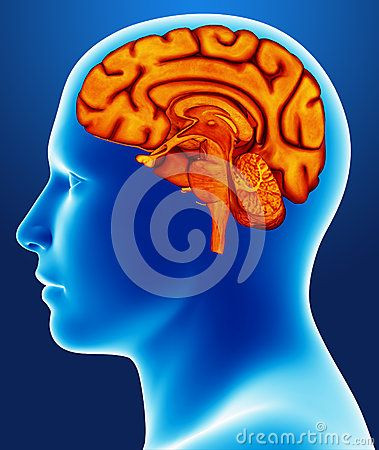Antidepressants Can Change Brain Architecture After A Single Dose: Research

It doesn't take much for an antidepressant to change the brain's functional architecture. A single dose will do it, research published this week in Current Biology indicates.
"We were not expecting the SSRI (serotonin reuptake inhibitor) to have such a prominent effect on such a short timescale or for the resulting signal to encompass the entire brain," Julia Sacher of the Max Planck Institute for Human Cognitive and Brain Sciences said in a press release.
Doctors don't know exactly how SSRIs work but they are among the most prescribed antidepressants. Doctors had thought they work over a period of weeks, not hours. The research was conducted on healthy individuals who had never taken an SSRI.
Those who took part in the study let their minds wander for about 15 minutes in a brain scanner, which measures oxygenation. Researchers measured the number of connections between structures called voxels (think of them as pixels in an image). Participants were then given a single dose of escitalopram, which is known by the brand name Lexapro.
The medication reduced the level of intrinsic connectivity in most parts of the brain but an increase in the cerebellum and thalamus was recorded. The next step, the researchers said, is to compare the functional connectivity signature of brains in recovery and those of individuals who fail to respond to SSRI treatment.
"The hope that we have is that ultimately our work will help to guide better treatment decisions and tailor individualized therapy for patients suffering from depression," Sacher said.
© Copyright IBTimes 2025. All rights reserved.






















